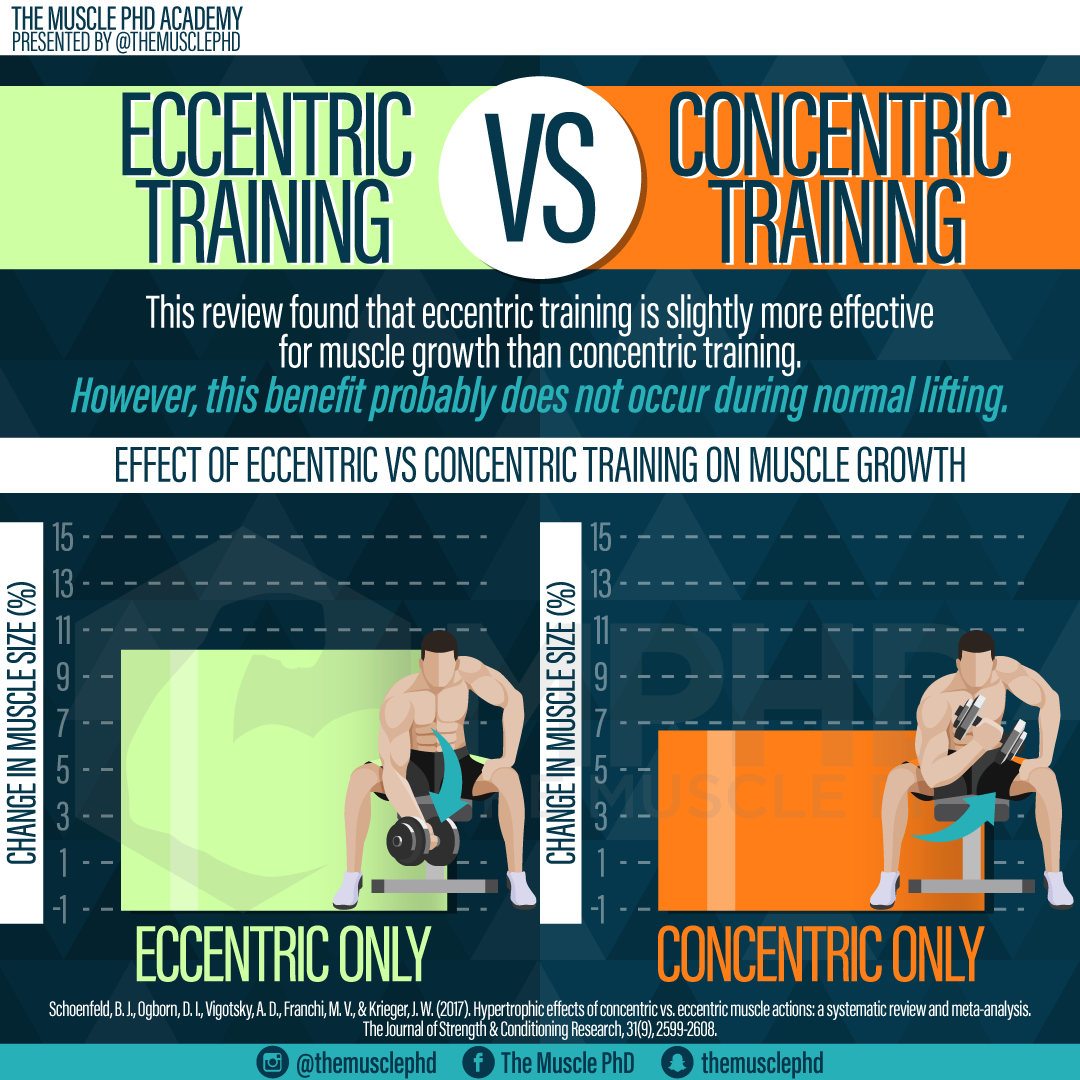
Exploring the Health Benefits of Going Paleo: What the Research Says
The Paleo Diet: Embracing The Nutritional Habits of Our Ancestors
The Paleo Diet, often referred to as the “caveman diet,” is inspired by the eating patterns of our Paleolithic ancestors. It emphasizes whole, unprocessed foods that are believed to mirror the diet of early humans. The core principle of the Paleo Diet is to consume foods that could have been hunted or gathered during the Paleolithic era, which dates back approximately 2.5 million to 10,000 years ago.
In today’s fast-paced world, where processed foods are easily accessible, the Paleo Diet offers a return to basics, providing a nutritional reset that aims to improve overall health and well-being. By eliminating modern agricultural products like grains, legumes, and dairy, the diet intends to reduce the prevalence of health issues attributed to the consumption of processed foods.
Core Principles of the Paleo Diet
At its heart, the Paleo Diet emphasizes:
- High protein intake from meat, fish, and eggs
- Consumption of fresh fruits and vegetables
- Inclusion of nuts and seeds
- Use of healthy fats like olive oil and coconut oil
- Elimination of processed foods, sugars, and artificial ingredients
Unlike typical modern diets, Paleo does not involve calorie counting or macronutrient tracking. It endorses eating until fullness and listening to one’s own body signals, which aligns with a more intuitive approach to nutrition.
Benefits of the Paleo Diet
Advocates of the Paleo Diet claim numerous health benefits. Here are a few:
- Weight Loss: The emphasis on whole, unprocessed foods can naturally reduce calorie intake, promoting weight loss without the need for restrictive calorie counting.
- Improved Blood Sugar Levels: By cutting out refined sugars and grains, the Paleo Diet may help stabilize blood sugar levels, reducing the risk of type 2 diabetes.
- Enhanced Cardiovascular Health: With a focus on reducing processed foods, and sodium while increasing the intake of omega-3 fatty acids, the diet may improve heart health.
- Better Digestive Health: The exclusion of grains and processed foods often leads to a reduction in digestive issues and inflammation.
Caveats and Considerations
While the Paleo Diet has its advocates, it is not without its criticisms. Some opponents argue that it unnecessarily restricts beneficial foods like legumes and whole grains, which are high in fiber and nutrients. Additionally, the diet’s focus on meat can lead to high saturated fat intake if not carefully managed.
It is also important to note that our ancestors’ diets varied greatly based on geographical location and available resources, suggesting that there is no singular “Paleo Diet.”
Practical Tips for Starting the Paleo Diet
If you’re considering embarking on a Paleo Diet, here are some practical tips:
- Start Gradually: Rather than eliminating all non-Paleo foods at once, gradually phase them out to allow your body to adjust.
- Plan Ahead: Prepare meals in advance to avoid the convenience of processed snacks, ensuring you always have Paleo-friendly options available.
- Focus on Quality: Opt for grass-fed, organic meats and wild-caught fish to ensure the highest quality and nutritional benefits.
- Stay Hydrated: Drink plenty of water throughout the day, which is essential for overall health and aids digestion.
[Insert YouTube Video]
Conclusion
The Paleo Diet, with its emphasis on whole, natural foods, mimics what our ancestors might have consumed thousands of years ago. While it is popular for its potential health benefits, it is important to approach the diet with flexibility and personalization. Suitable for those looking to simplify their nutrition and eliminate processed foods, the Paleo Diet may be a worthy consideration for a healthier lifestyle.
FAQs
Is the Paleo Diet safe for everyone?
While generally considered safe, individuals with specific health conditions should consult with a healthcare professional before embarking on the Paleo Diet. The diet’s exclusion of certain food groups may not be suitable for all.
Can I maintain the Paleo Diet as a vegetarian or vegan?
A strict Paleo Diet is challenging for vegetarians and vegans due to its emphasis on animal protein. However, modifications can be made by focusing on plant-based foods that align with Paleo principles, such as nuts, seeds, and a variety of vegetables.
Are there any risks associated with the Paleo Diet?
The main concern is the potential lack of nutrients commonly found in grains and dairy, such as fiber and calcium. Careful planning can help mitigate these risks, ensuring a balanced intake of essential nutrients.
How can I find more information or community support for the Paleo Diet?
For more insights and resources, visit Quora or explore articles on Menagerie. You can also engage with online communities through platforms such as Steroid.com and find related podcasts on Spotify. For further educational videos, CNN’s YouTube Channel can be a valuable resource.
The Paleo Diet, often referred to as the “Caveman Diet,” is a nutritional plan that seeks to emulate the eating habits of our Paleolithic ancestors. It is founded on the premise that modern humans should consume foods that were available to humans before the advent of agriculture. This means focusing on whole, unprocessed foods like lean meats, fish, fruits, vegetables, nuts, and seeds, while avoiding processed foods, grains, dairy products, and refined sugars. Proponents of the Paleo Diet argue that this way of eating supports optimal health, as it aligns more closely with the genetic makeup of humans.
One of the primary benefits associated with the Paleo Diet is its potential to promote weight loss and improve metabolic health. The focus on high-protein foods such as lean meats and fish can increase satiety and reduce overall calorie intake. Additionally, the exclusion of refined sugars and grains may lead to improved blood sugar control and reduced insulin levels. Some studies have shown that the Paleo Diet can be effective in reducing body fat, improving glucose tolerance, and lowering the risk of heart disease. However, like any diet, individual responses can vary, and more long-term studies are needed to fully understand its impact.
The exclusion of dairy and grains in the Paleo Diet is a topic of debate among nutritionists and dietitians. Critics argue that cutting out whole food groups can lead to nutritional deficiencies, particularly if not carefully planned. Grains, for example, are a primary source of fiber and essential nutrients like B vitamins and magnesium. Similarly, dairy products are a major source of calcium and vitamin D. To address these concerns, those following the Paleo Diet are encouraged to include a wide variety of nutrient-dense foods like leafy greens and nuts to compensate for these exclusions.
Despite its restrictions, the Paleo Diet emphasizes a wholesome and natural approach to eating, which can have positive psychological effects. By prioritizing fresh ingredients and cooking meals from scratch, individuals may develop a greater awareness of their food choices and a deeper connection to their meals. This mindful approach to eating can foster healthier relationships with food and facilitate more thoughtful, health-driven decisions. The diet’s emphasis on reducing processed foods also aligns with growing concerns about high-sugar, high-salt, and preservative-laden food products commonly found in modern diets.
The Paleo Diet has also inspired adaptations and variations, such as the “Primal Diet,” which incorporates some dairy products, and the “Autoimmune Protocol,” designed to help manage autoimmune diseases by further restricting food types. These variations demonstrate the flexibility and adaptability of the core Paleo principles to individual health needs and preferences. While the Paleo Diet may not be suitable for everyone, its emphasis on whole foods and avoidance of processed items can serve as a valuable guideline for those seeking a healthier lifestyle. As with any dietary approach, it is important for individuals to consult with healthcare professionals to ensure nutritional adequacy and address specific health concerns.





















